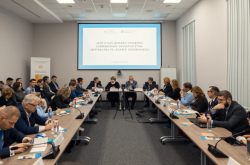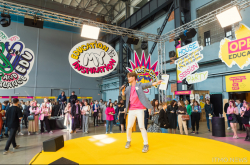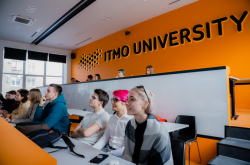Many perceive universities as a place to study a subject area and nothing more. But in the past 10 years, higher education has changed drastically inside and out. These days, you can find specially equipped areas on campuses that help form a brand-new educational environment. Plus, the curricula constantly change to keep up with the industry and new organizational models appear.
The speakers who talked about the transformation of Russian universities and modern education were Daria Kozlova, the First Vice Rector of ITMO University, Taisia Pogodaeva, the head of the development strategy at Tyumen State University, Daniil Sandler, the Vice Rector for Economics and Strategic Development at Ural Federal University, Vitaly Bagan, the Vice Rector for Science at Moscow Institute of Physics and Technology, and Nadir Makhmudov, a student at Tyumen State University’s Institute of Social Sciences and Humanities. The discussion was moderated by Natalya Tyurina, the head of the Education and Social Projects Division and manager of the Social Navigator project at Rossiya Segodnya.
The future of universities
ITMO University began the transformation process in 2015 and is on-going. The university is constantly developing cutting-edge fields, looking for new growth points, and working at the intersection of research areas. For example, the Infochemistry Scientific Center was launched several years ago and became a home for not only chemists but also biotechnologists, information scientists, biologists, physicists, and many other specialists. Growth requires interdisciplinarity.
It’s not only research activities that change but also the learning process. New models and approaches are implemented, interesting projects are created, and brand-new educational programs are launched all the time. According to Daria Kozlova, one of the key tasks of an educational institution is to help students and graduates prepare for a rapidly changing market and teach them to be able to grow and work at a high pace.
“We have articulated what differs ITMO students from others – it’s their ability to momentarily adapt to working conditions. We aim to help our students start with middle-level, not junior positions. The current market doesn’t allow people to gain the skills they lack at the workplace, so our graduates should be as prepared as possible. That’s why during admissions, we focus on projects to which an educational program is related. Project and product thinking are crucial to our students and that’s what we base our programs on,” says Daria Kozolova.
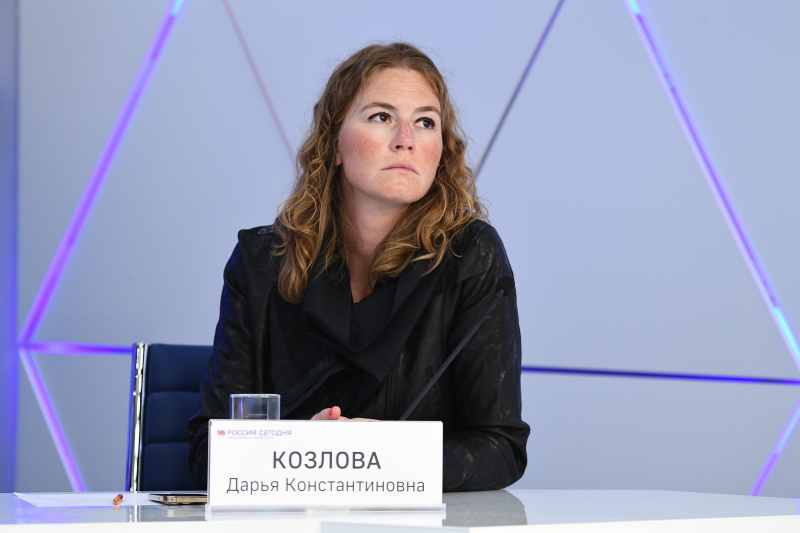
Daria Kozlova. Credit: International Multimedia Press Center Rossiya Segodnya
The university encourages students to participate in research and engineering projects at partner companies or, if they prefer, become entrepreneurs and launch their own startups supported by ITMO’s specialists who can help form a team and gain resources, such as workspace, mentorship, and financial support.
Other than fundamental disciplines, Bachelor’s and Master’s students also take core educational modules – Entrepreneurial Culture, Digital Culture, Thinking, and Creative Technologies. If they find it hard to pick one, they can get a consultation from a tutor or the program’s head, as well as use the learning analytics system that helps choose a course based on the assessment of over 300 parameters.
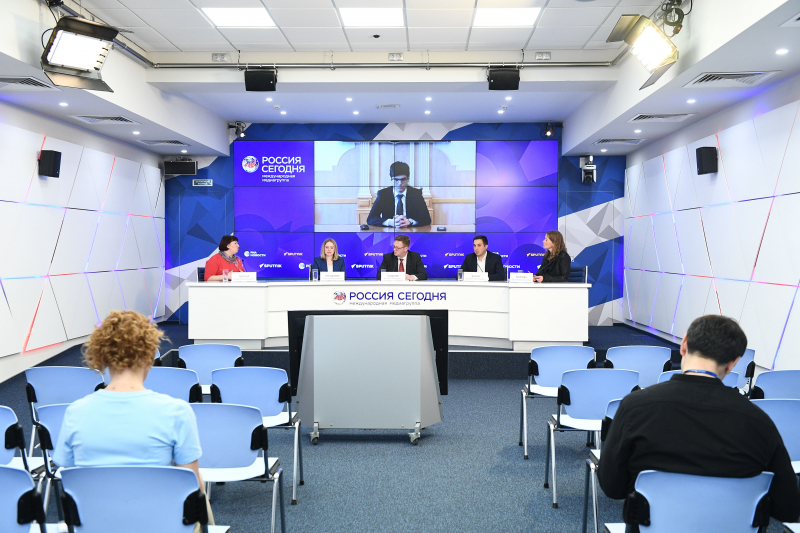
Credit: International Multimedia Press Center Rossiya Segodnya
The development model used at Moscow Institute of Physics and Technology is inspired by the ideas of a Nobel laureate Pyotr Kapitsa. According to Vitaly Bagan, among the model’s requirements is the selection of the most promising applicants who wish to work in natural sciences. If they didn’t gain enough points or didn’t win a competition, they can still enter the university through an interview and receive a grant for their studies. Plus, there’s a strong emphasis on fundamental studies: during the first two years, students have to attend back-to-back classes five days a week, while the last two years of studies are dedicated to practical internships at companies and manufacturing facilities.
According to Daniil Sandler, key components of Ural Federal University’s model are educational, professional, and leadership experiences. Modern students find it hard to fit into the strict limits of their studies and wish to try their hand at different things and the university’s task is to give them this opportunity. Just like at ITMO, the university’s students participate in projects offered by industrial partners and learn to solve practical tasks in teams, as well as achieve specified results in limited time.
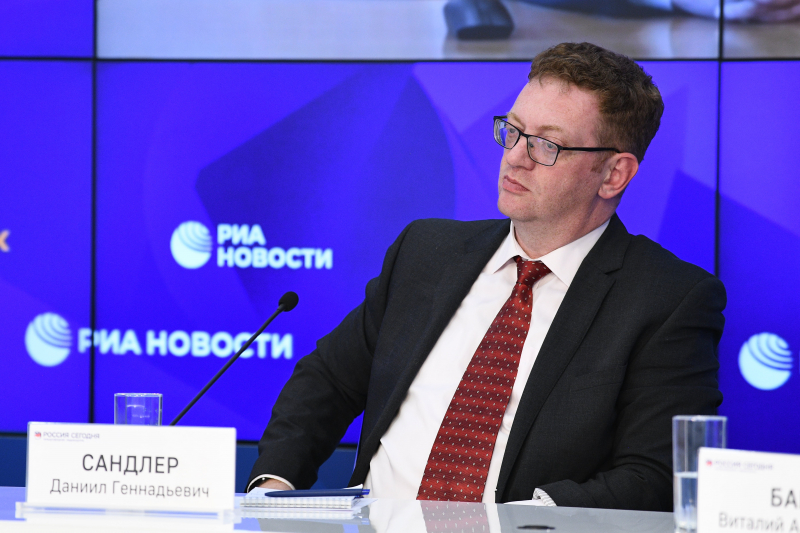
Daniil Sandler. Credit: International Multimedia Press Center Rossiya Segodnya
Taisia Pogodaeva highlighted that education is not only about gaining professional competencies but also soft skills. Universities should lay the groundwork for students’ growth, help form their worldview, and develop their analytical and critical thinking. It’s important to learn basic competencies as a student, because the market and its requirements constantly change.
Freedom of choice
To help students navigate the learning process and choose disciplines that are really useful for them, individual learning paths are being introduced at universities.
In Taisia Pogodaeva’s words, in 2017 Tyumen State University suggested students pick their learning paths themselves as an experiment. Its results showed that more of them stayed at university for further studies and became more responsible and independent. In addition, she noted that the number of people who feel like drastically changing their professional field grows nowadays, whereas in the past, people tended to choose a subject area related to their former studies when switching fields.
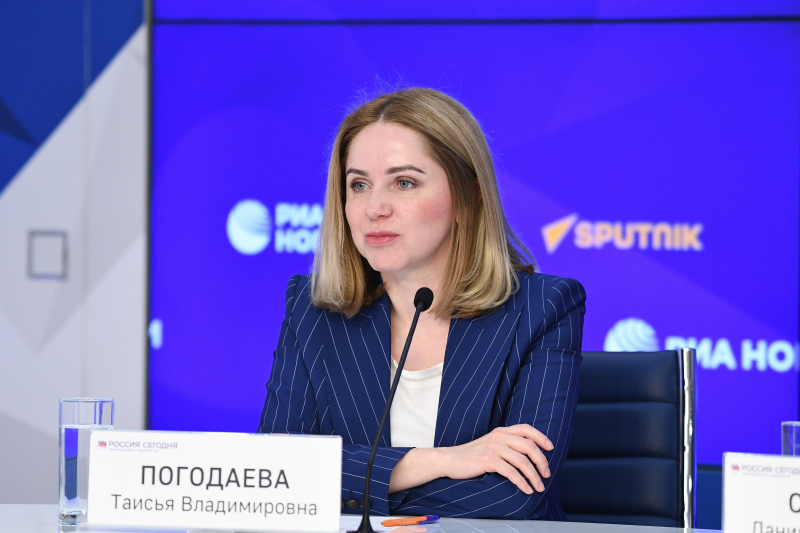
Taisia Pogodaeva. Credit: International Multimedia Press Center Rossiya Segodnya
Nadir Makhmudov, a student at Tyumen State University, is one of those who used the chance to gain new professional skills and picked up several elective courses on psychology, management, ecology, and law, while his primary subject area is International Relations.
ITMO launched individual learning paths in 2018. As Daria Kozlova noted, this helps students understand their career path better and make the right choice. At the same time, students don’t need to think about the bureaucratic side of the question: the Methodic Support Office takes care of all changes in the curricula.
“It’s great if a person immediately understands exactly what they want to do – say, become a video game developer – and therefore know what program to choose from the start. But only about 10% of applicants are like that, so we give our students the opportunity to try themselves in different fields and help them make up their minds,” says ITMO’s First Vice Rector.
Vitaly Bagan believes that universities should grant students the right to experiment but at the same time, they should be highly motivated and choose courses consciously. That’s why first-year students at Moscow Institute of Physics and Technology receive consultations from research advisors and fellow students. A similar system is also implemented at Tyumen State University: tutors help choose courses and help students find motivation or make sense of their desire to switch fields.
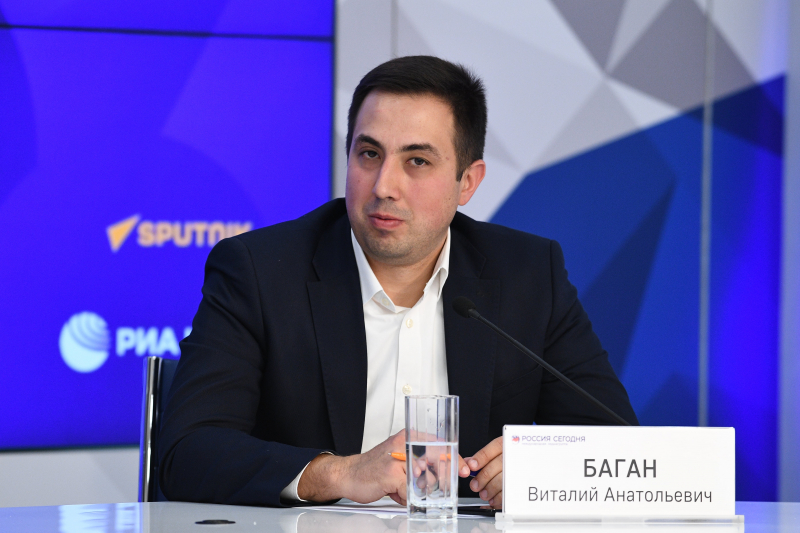
Vitaly Bagan. Credit: International Multimedia Press Center Rossiya Segodnya
How to choose a university
At the end of the discussion, the speakers gave some advice to applicants and their parents on how to take advantage of all educational opportunities.
- A university is an environment of like-minded people and a safe sandbox where students can try themselves in different roles, so it might be a good idea to talk to current students and visit the campus yourself to check out the university and see whether it suits you or not.
- Consider studying at your chosen university prior to enrollment by attending its short-term online or offline courses.
- In addition to educational projects, students also participate in professional ones, so applicants should decide whether they want to work in a particular industry and enterprise or not.
- Treat choosing your university as a project. In other words, set the tasks that you would like to solve during your studies, determine how you will cope with them, and what results you want to get.




